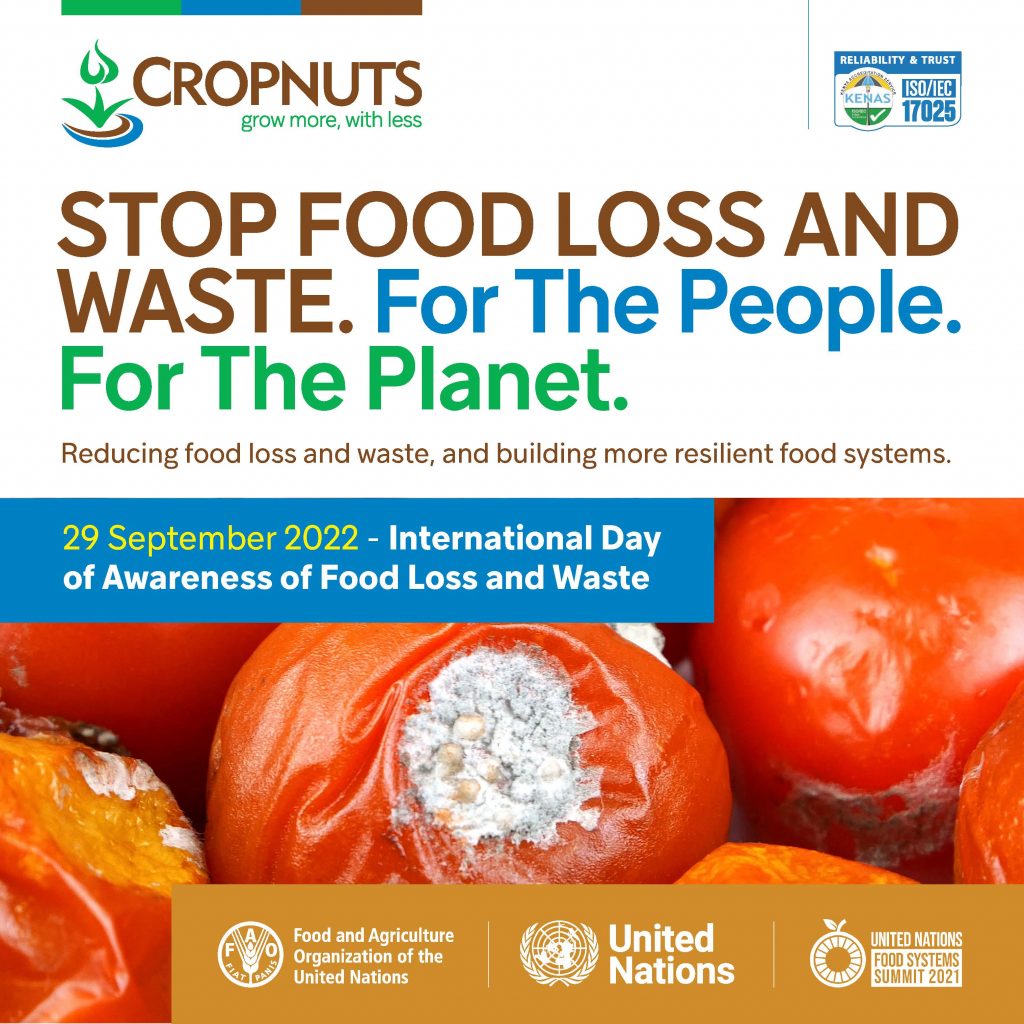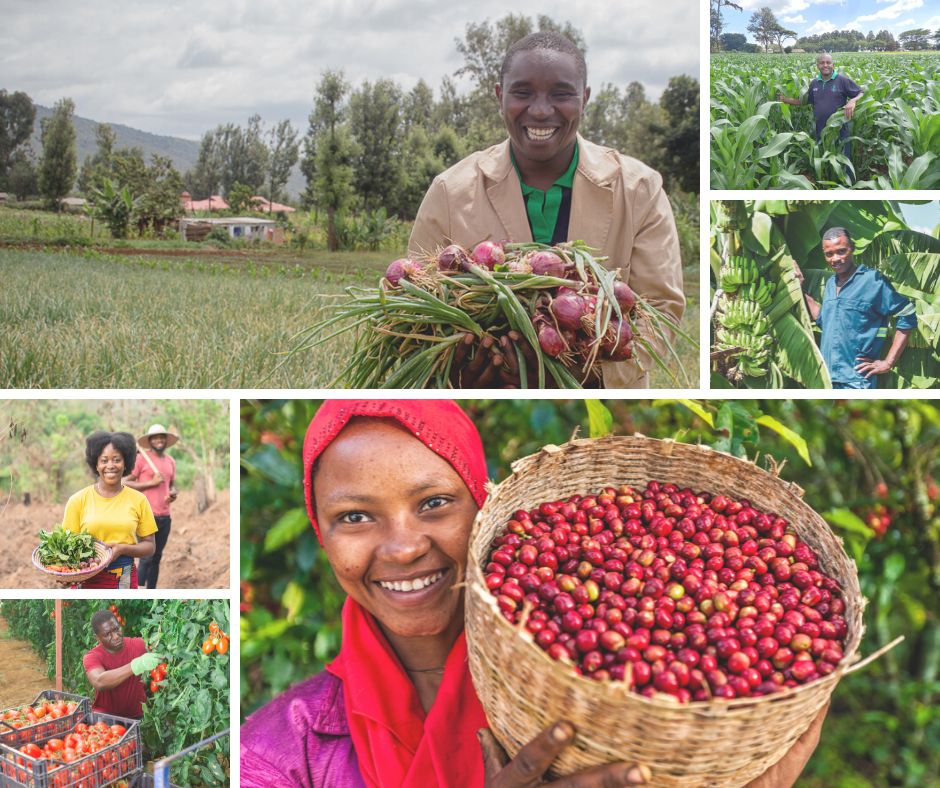Today, September 29, is the International Day of Awareness of Food Loss and Waste. On this day, we take the opportunity to raise awareness of practices and innovations that help reduce food loss and waste and build more resilient food systems.

Food loss and waste undermine the sustainability of our food systems. When food is lost or wasted, all the resources that were used to produce this food – including water, land, energy, labour, carbon footprint and capital – go to waste. In addition, the disposal of food leads to greenhouse gas emissions, unnecessarily contributing to climate change. Food loss and waste negatively impact food security and food availability and contribute to increasing food prices.
While 345 million people, in 82 countries are facing acute food insecurity, 14% of the food produced globally is lost between harvest and retail and 17% of food is wasted by retailers and consumers. Can we afford to turn a blind eye to food loss and wastage?
Our food systems cannot be resilient if they are not sustainable, hence the need to highlight practices and innovations that help reduce food loss and waste. These practices and innovations are useful to growers of all crop types such as fresh food (fruits, vegetables, spices & herbs), cereals (maize, wheat, barley, rice, sorghum, millet), pulses (beans, lentils peas), nut & oil crops (cashew nuts, macadamia, sesame, canola, sunflower) and beverage crops (coffee, tea, cocoa).

Laboratory testing is part of the solution to food loss and waste reduction efforts. Routine soil and plant analysis goes a long way to producing healthy, nutrient-dense crops, with a longer storage capacity, reducing food losses during production and storage. Food testing involves routine analysis of food contaminants along the agricultural production chain and ensures that the food safety parameters are within acceptable limits for human and animal consumption. Without adequate capacity for food testing, growers experience quality and quantity losses in the food they produce in both local and export markets.
The food contaminants commonly analyzed in food testing include:
If you want more information about food safety parameters and the impact of food testing on your products or would like to test the pesticide residues, mycotoxins, heavy metals, or microorganisms in your products, feel free to contact us.
Be a conscientious food producer and consumer. Happy International Day of Awareness of Food Loss & Waste
Kindest regards,
Ruth Vaughan
Technical Advisory Services
Cropnuts
Ruth Vaughan is the Technical Advisory Services Manager at Crop Nutrition Laboratory Services Ltd. (CROPNUTS). Ruth is also a contributing author to Kenya’s leading horticulture magazines. Ruth is a great believer in soil health, organic matter, biochar and carbon sequestration as a way to alleviate climate change and increase food security. She loves visiting farmers and seeing all the different farming methods
Order our services and get to know how to improve your soil for better yeilds.